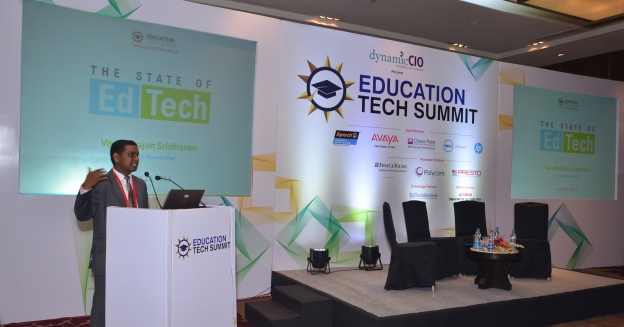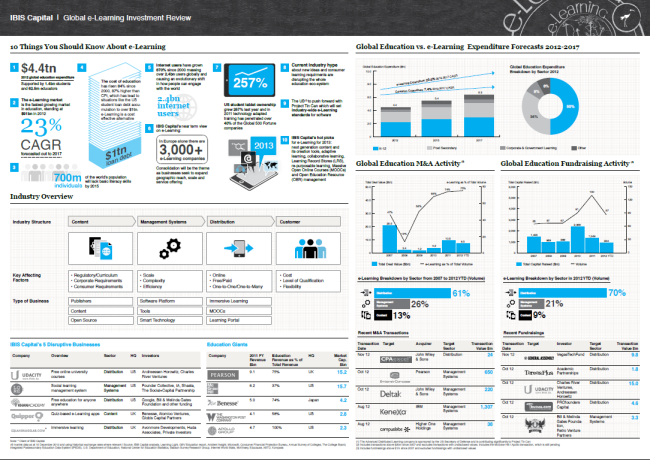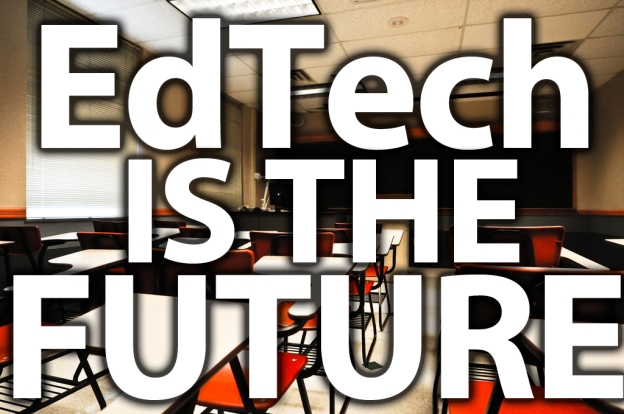
Over the last decade, I have coached many youngsters to launch their early careers. I did this either as part of my work at Cognizant, or as my PSR (Personal Social Responsibility). In May 2018, I presented a glimpse into my career coaching approach here – “The adventure called CAREER!“. At that time, I was not sure if there was a need for career coaching among youngsters. But that idea kept flickering in my mind every now and then.
Two years later, in Jun 2020, I reached out to some of my mentees (via Linkedin & FB) to seek their feedback about the early career support they received from me long ago, and whether it would help other youngsters today. Many responded saying my initial career coaching and support really helped them launch their careers in the right way.
Validated by the feedback of my earlier mentees, I launched my Career Coaching program: mycareerGPS.
What is mycareerGPS?
Firstly, it is not CAREER COUNSELLING
To understand what is mycareerGPS, let me spend a few minutes on the why.
Fundamentally I believe that we as a global society are moving from an era of seeing Human as Resource (HRM) or Capital (HCM), to an era of Human Potential.
If you look closely at all the signals given by the emerging technologies like Artificial Intelligence, Autonomous Cars, Brain-Computer Interfaces, Augmented Reality, etc., they all point to one thing clearly – machines will continue to take away the mundane tasks from humans, and free up more time for us to do the things that really matter, things that humans can only do or do better than machines. That will require the human to not be just a resource or capital, but to deliver to his or her TRUE potential.
Lastly, we must not forget that big promise of India being the youngest nation in the world, and hence we have the opportunity to reap the highest demographic dividend. We are already seeing the nation excessively prioritizing entrepreneurship over jobs, be it NITI Aayog, Atal Innovation Mission, Startup India or New Education Policy. Entrepreneurship is being seen as the only scalable solution to ensure we reap the best demographic dividend. This again means that we need our youth to delivery to their TRUE potential.
Before you assume – NO, I am not talking about making one’s passion as career. That may or may not happen. But I am talking about just “being” in one’s career; being present, being mindful, being the best professional one can be. In other words,
if you can’t find a career that you love, love the career that you found
I am sure you get my point of view now! 🙂
So what is mycareerGPS?
It is a Career Coaching program which helps young learners to launch their early career life with their best foot forward, with their truest potential.
How does it work?
mycareerGPS uses a 4-level Career Coaching framework to guide a 40-year long career journey. Before we delve into what these 4 levels are, here are the underlying principles:
- Every student can become a learner – learning is inherent to a human body
- Every learner wants to be successful – it is the definition of success that is the key
- No learner wants to fail – it is the response to failure that is critical
- Every learner wants to be found – I will explain this in detail in a later post
These principles broadly draw upon the Four Pillars of Education as identified by Delors Commission – learning to know, learning to do, learning to live together and learning to be.
In essence, these 4 principles will ensure that each mentee will get a holistic development, as they get coached for their successful career launch.
Here are the 4 levels:
- Level 1 – Career Awareness Camp: This is a 2 hour online webinar where a student between the ages of 16 and 20 is exposed to the word called CAREER. Youngsters often confuse the word CAREER with job, designation, title, salary, company, purpose, prestige or role. If career is not any of those, what is it then? That is what is covered in this awareness camp, where I explain CAREER using simple analogies and set up a common frame of reference or definition for CAREER. This session also explains how to approach a career map, using the well-known mapping tool Google Maps (refer to my earlier article on this). At the end of this session, all participants can take a simple evaluation, the result of which is used in handpicking only 20% of the participants to Level 2. Currently Level 1 is a FREE webinar.
- Level 2 – Career Journey Prep: This is a 5 hour PAID online session coupled with 1 to 3 hours of hands-on assignments. This session is only for the mentees selected from Level 1. Those who are not selected from Level 1 can re-apply at a later point in time, provided they scale up and meet the Level 2 selection criteria. In Level 2, mentees learn about the difference between education and learning, and how to build meta-learning skills with few hands-on exercises. I also help mentees to self-evaluate any first pitstop they have chosen as part of their 40-year career journey. Then they setup their Personal Learning Network and Learner Portfolios, so that they can track their career progress and predict route diversions. The mentees will also setup their career telemetry tools which will help in alerting me, their career coach, on their career progress. Lastly, they will learn about a key skill required for this 40-year career journey – “Pay It Forward”. At the end of Level 2, all mentees can submit their portfolios and choose to subscribe to Level 3.
- Level 3 – Career Journey Reviews: This consists of a series of monthly 1 hour reviews, conducted one-on-one with the mentee who opts for Level 3. Each Level 2 mentee can subscribe to 1 year or 2 year, monthly or unlimited PAID review packs for Level 3. During these review sessions, I will personally review the career telemetry, assess career distance traveled, and time/distance to career pitstop. I will also evaluate the learning agility level of each mentee, and provide personalized inputs to tweak his or her career trajectory.
- Level 4 – Career Success Support: Once the mentees are well on their way to early career success, they may encounter unexpected situations which may require highly personalized or specialized career support. Something like the square peg in the round hole solution in Apollo 13 movie. So in this level, I will ensure that mentee receives any support from me, my network or other external experts – whatever or whoever needed, to ensure the mentee’s career success. This level will also be PAID subscriptions depending on the nature of support sought.
In short, if a learner’s career has to blast off the career launchpad, and head off to the career stars, it first needs to take off from the career ground, maintain right telemetry, successfully attain escape velocity. overcome career gravity and orient towards the career destination.
That is where mycareerGPS and my Career Coaching comes in. I hope to be that “blue arrow” on your Career Map that keeps you aware of where you are, during the early years of your 40-year career odyssey.
If you want to get start on the Level 1 or Career Awareness Camp, click here and register for the “On Demand” course. Or you can watch out https://mycareergps.zohoshowtime.in/ for upcoming LIVE Level 1 webinars.









